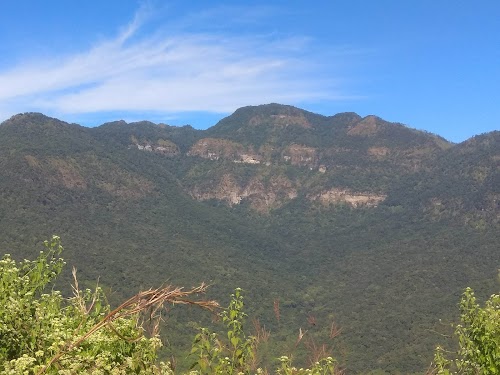
Thorangtlang Wildlife Sanctuary
Champhai, India
- Birdwatching for endemic species
- Explore the sanctuary's diverse ecosystem
- Nature walks with local guides
- Photography of flora and fauna
- Trekking through the dense forest trails
- Wildlife spotting, especially clouded leopards
Known for:
Description:
Thorangtlang Wildlife Sanctuary, nestled in the Champhai district of Mizoram, India, is a haven for nature enthusiasts and wildlife lovers. This sanctuary is renowned for its rich biodiversity, particularly its population of clouded leopards, making it one of the best places in India to spot these elusive creatures. The sanctuary's terrain is characterized by lush green forests, steep hills, and diverse flora and fauna. Visitors can expect to see a variety of birds, mammals, and reptiles, making it a paradise for birdwatching and wildlife photography. Trekking through the sanctuary offers a chance to immerse oneself in the serene beauty of the Mizo hills and experience the thrill of encountering wildlife in its natural habitat. Permits are required to enter the sanctuary, and it's advisable to hire a local guide for a more enriching experience.
History:
The Thorangtlang Wildlife Sanctuary was officially established in 1989 with the primary goal of conserving the region's unique biodiversity and protecting the habitat of the clouded leopard. Prior to its establishment as a sanctuary, the area was subject to hunting and deforestation, threatening the survival of many species. The declaration of the sanctuary marked a significant step towards preserving the natural heritage of Mizoram. Over the years, the sanctuary has played a crucial role in promoting conservation awareness among local communities and fostering sustainable tourism. Ongoing efforts are focused on habitat management, anti-poaching measures, and research to better understand and protect the sanctuary's diverse ecosystem. The sanctuary continues to be a vital refuge for wildlife in the region, contributing to the overall ecological balance of the Mizo hills.